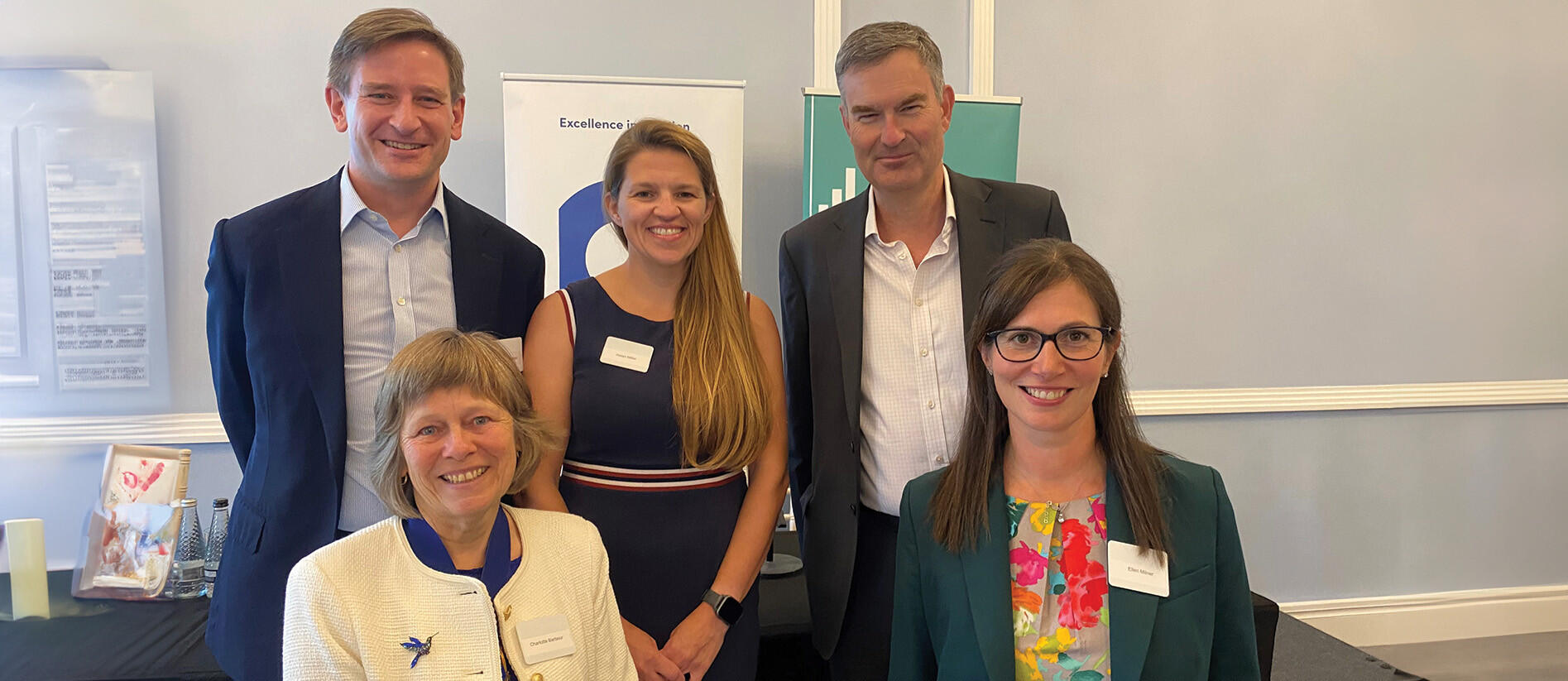What should be in the business tax roadmap?

Predictability and a clear direction of travel to promote investment, said speakers at a CIOT-IFS debate on 4 September.
Helen Miller of IFS opened the debate, providing an overview of the current corporation tax regime. She said that the priority for the 2010 roadmap had been cutting the corporation tax rate, and it would be interesting to see how the next roadmap, promised before the end of the year, will address this. ‘Labour have said they don’t want to raise it any further, but should we now see 25% as a stable rate – or is there any condition under which a rate cut would be seen?’
The speaker after Helen was former tax minister David Gauke, who had introduced that 2010 roadmap. He said the aim had been to give the government the opportunity to ‘set out a pro-growth, pro-openness, pro-investment case in a time of austerity’. He felt the 2010 roadmap was a ‘good move’ and the Conservative government then had ‘exceeded what we set out to’ in terms of tax cuts. However, he acknowledged that over the whole 14 years that it was in power, that government could be accused of a lack of consistency on corporation tax. ‘2016 was where things started to go wrong,’ he suggested. ‘George Osborne left office and business investment fell substantially due to the Brexit vote and the uncertainty that followed.’
David said that the abolition last year of the Office of Tax Simplification was a ‘great shame’. He was positive about Labour’s plan for a roadmap but warned that both money and politics make significant cuts to corporation tax unlikely.
Dominic Mathon, Head of Tax and Treasury at RELX, said that a few years ago the UK was considered a ‘pretty competitive place’ for businesses, due to the relatively low corporation tax rate and some certainty and idea of the direction of travel. However, the dramatic increase in the rate had changed that. ‘Our effective rate of tax is now lower in the US than in the UK,’ he commented. ‘That’s something I never envisaged that I’d be able to say.’
Dominic said that heads of tax at large businesses are ‘mystified’ by the government’s focus on ‘full expensing’. ‘It’s of very little value to us,’ he explained, and if there were a trade-off they would rather scrap full expensing and have ‘a little bit of movement’ on the rate. He didn’t expect it to happen though.
The final speaker, CIOT’s Ellen Milner, emphasised the importance of small businesses and the need for them to be included in the roadmap. She noted that small businesses are responsible for a majority of the tax gap, especially through error and carelessness. She laid out some of the problems very small businesses face with tax, providing the example of an electrician whose tax situation was made far more complicated when he became an incorporated business.
Asked whether a reduction in the rate could result in a greater tax yield, Helen said: ‘The general rule is no, the evidence doesn’t back it up.’ Dominic disagreed, saying: ‘It’s really hard to tell when you look at all the different factors. So much depends on profits.’ He said that when the100 Group look at the impact of rate changes, they do so company by company, and there are instances where a lower rate has increased the take.
A few days after the debate, CIOT wrote to the tax minister setting out the Institute’s views on what should be in the roadmap. Ellen was among the attendees at a meeting with the Exchequer Secretary on the same topic.
Read a fuller report on the debate or watch a recording at: tinyurl.com/roadmap-debate


